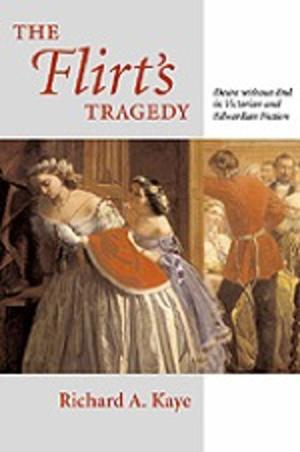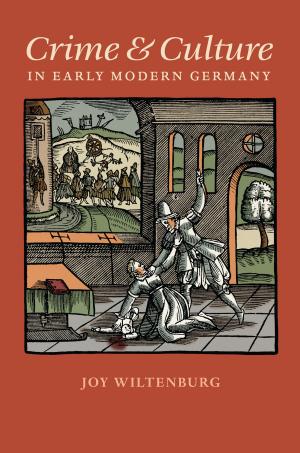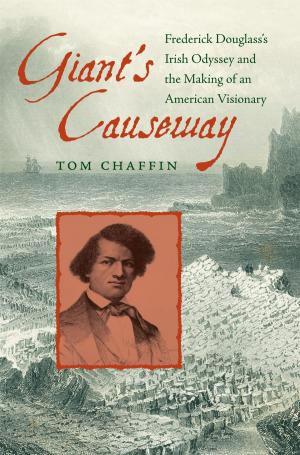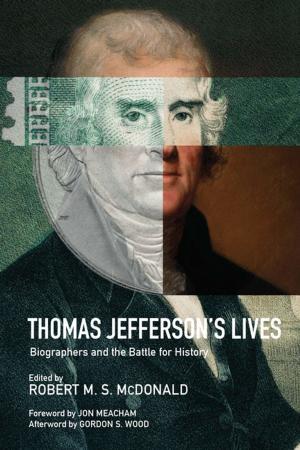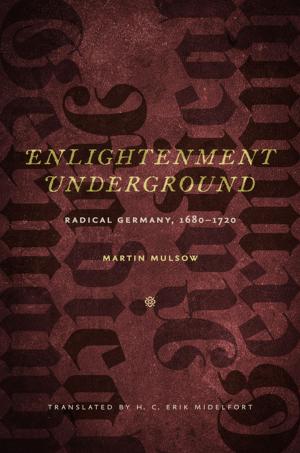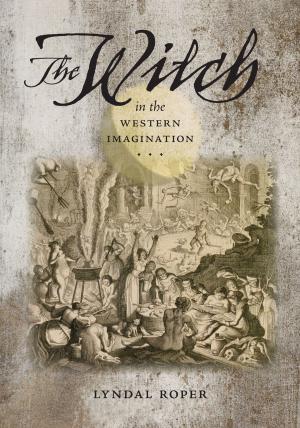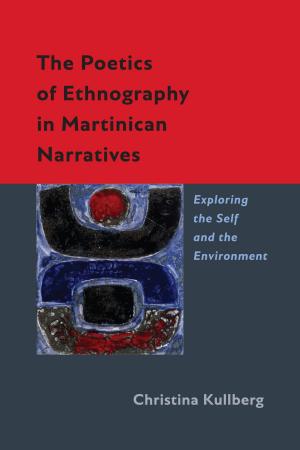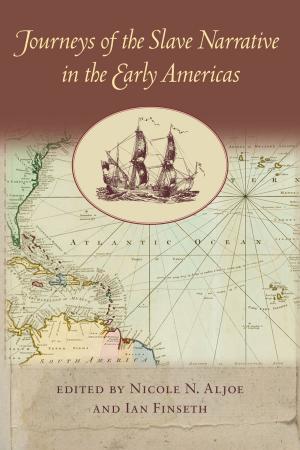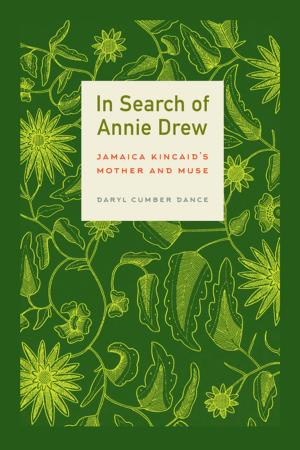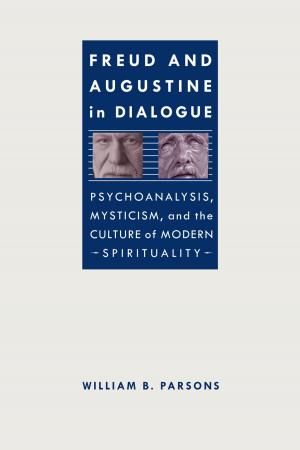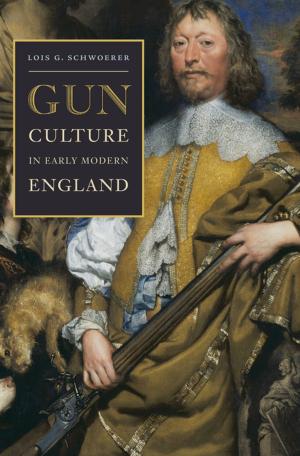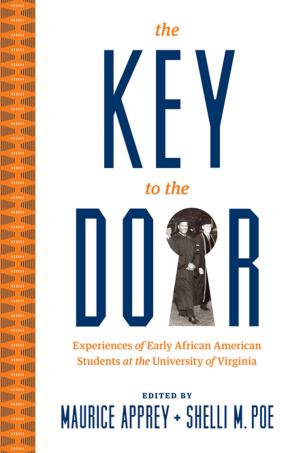Cities of Affluence and Anger
A Literary Geography of Modern Englishness
Fiction & Literature, Literary Theory & Criticism, British| Author: | Peter J. Hefner | ISBN: | 9780813939001 |
| Publisher: | University of Virginia Press | Publication: | October 29, 2015 |
| Imprint: | University of Virginia Press | Language: | English |
| Author: | Peter J. Hefner |
| ISBN: | 9780813939001 |
| Publisher: | University of Virginia Press |
| Publication: | October 29, 2015 |
| Imprint: | University of Virginia Press |
| Language: | English |
Providing a compact literary history of the twentieth century in England, Cities of Affluence and Anger studies the problematic terms of national identity during England's transition from an imperial power to its integration in the global cultural marketplace. While the countryside had been the dominant symbol of Englishness throughout the previous century, modern literature began to turn more and more to the city to redraw the boundaries of a contemporary cultural polity. The urban class system, paradoxically, still functioned as a marker of wealth, status, and hierarchy throughout this long period of self-examination, but it also became a way to project a common culture and mitigate other forms of difference. Local class politics were transformed in such a way that enabled the English to reframe a highly provisional national unity in the context of imperial disintegration, postcolonial immigration, and, later, globalization.Kalliney plots the decline of the country-house novel through an analysis of Forster’s Howards End and Waugh’s Brideshead Revisited, each ruthless in its sabotage of the trope of bucolic harmony. The traditionally pastoral focus of English fiction gives way to a high-modernist urban narrative, exemplified by Woolf’s Mrs. Dalloway, and, later, to realists such as Osborne and Sillitoe, through whose work Kalliney explores postwar urban expansion and the cultural politics of the welfare state. Offering fresh new readings of Lessing’s The Golden Notebook and Rushdie’s The Satanic Verses, the author considers the postwar appropriation of domesticity, the emergence of postcolonial literature, and the renovation of travel narratives in the context of globalization. Kalliney suggests that it is largely one city--London--through which national identity has been reframed. How and why this transition came about is a process that Cities of Affluence and Anger depicts with exceptional insight and originality.
Providing a compact literary history of the twentieth century in England, Cities of Affluence and Anger studies the problematic terms of national identity during England's transition from an imperial power to its integration in the global cultural marketplace. While the countryside had been the dominant symbol of Englishness throughout the previous century, modern literature began to turn more and more to the city to redraw the boundaries of a contemporary cultural polity. The urban class system, paradoxically, still functioned as a marker of wealth, status, and hierarchy throughout this long period of self-examination, but it also became a way to project a common culture and mitigate other forms of difference. Local class politics were transformed in such a way that enabled the English to reframe a highly provisional national unity in the context of imperial disintegration, postcolonial immigration, and, later, globalization.Kalliney plots the decline of the country-house novel through an analysis of Forster’s Howards End and Waugh’s Brideshead Revisited, each ruthless in its sabotage of the trope of bucolic harmony. The traditionally pastoral focus of English fiction gives way to a high-modernist urban narrative, exemplified by Woolf’s Mrs. Dalloway, and, later, to realists such as Osborne and Sillitoe, through whose work Kalliney explores postwar urban expansion and the cultural politics of the welfare state. Offering fresh new readings of Lessing’s The Golden Notebook and Rushdie’s The Satanic Verses, the author considers the postwar appropriation of domesticity, the emergence of postcolonial literature, and the renovation of travel narratives in the context of globalization. Kalliney suggests that it is largely one city--London--through which national identity has been reframed. How and why this transition came about is a process that Cities of Affluence and Anger depicts with exceptional insight and originality.


